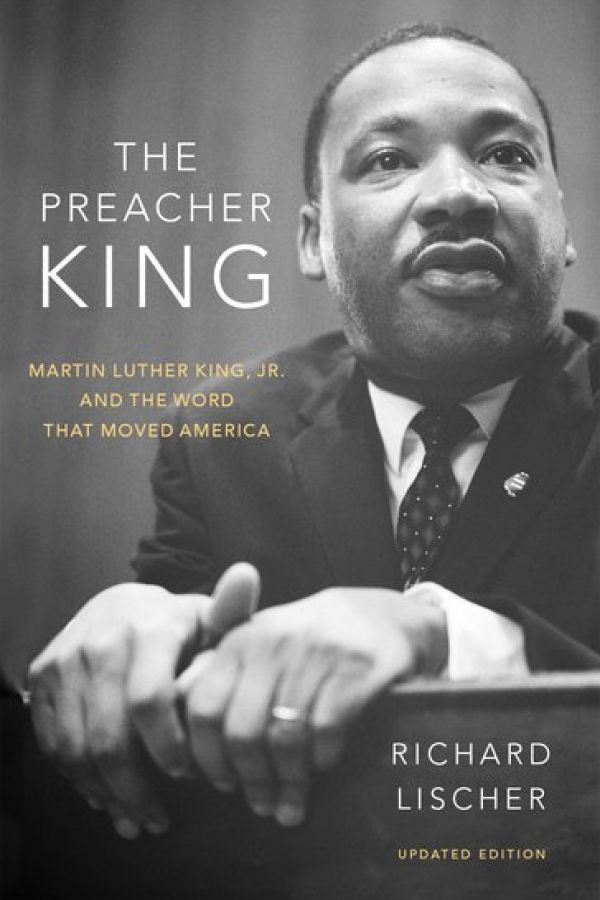A revised and updated version of a classic book on Martin Luther King, Jr. and his mission to “redeem the soul of America” written by Richard Lischer, James T. and Alice Mead Cleland Professor Emeritus of Preaching at Duke Divinity School, has been reissued by Oxford University Press.
The book, The Preacher King: Martin Luther King, Jr. and the Word That Moved America, was originally published 25 years ago and reissued Feb. 6. With a new introduction, new headings, and some clarifications, this second version examines dozens of sermons from all periods of his brief life. It demonstrates how King synthesized the traditional liberal Protestantism he learned at Crozer Theological Seminary and later Boston University, where he earned his doctorate, with that of the originating power of his black church heritage.
The book also investigates King’s religious development from a precocious “preacher’s kid” in segregated Atlanta, Ga., to the most influential American preacher and orator of the 20th century. To give the most accurate and intimate portrait possible, Lischer draws almost exclusively on King’s unpublished sermons and speeches, as well as tape recordings, personal interviews, and even police surveillance reports.
In The Preacher King, Lischer discloses the unedited King and reveals his true African-American voice. He argues that in a polarized climate of fake news and public lying, it is a voice the church desperately needs to hear again. For, at a turning point in America’s story of itself, the minister of a small black Baptist church was able to accomplish the impossible: King transposed the themes of love, suffering, and justice from the sacred shelter of the pulpit into the arena of public policy. In so doing, he made race a specifically Christian dilemma once again.
Lischer also focuses on the much ignored later phase of King’s development in which he was consumed by prophetic rage, leading him to condemn the American church’s failure of nerve on race and war.
The Preacher King captures the crucial identity of a complex human being who, unlike any other preacher in living memory, helped shape a congregation of people that would be capable of redeeming the moral and political character of a nation.
Lischer is the author of many books including The End of Words: The Language of Reconciliation in a Culture of Violence and a memoir, Stations of the Heart: Parting with a Son.
Read a Q&A with Professor Richard Lischer about the revised version of the book by Religion News Service.
